How To Tighten Skin On The Face Naturally
Rewind the clock and firm your skin for an enviably smooth and supple complexion.
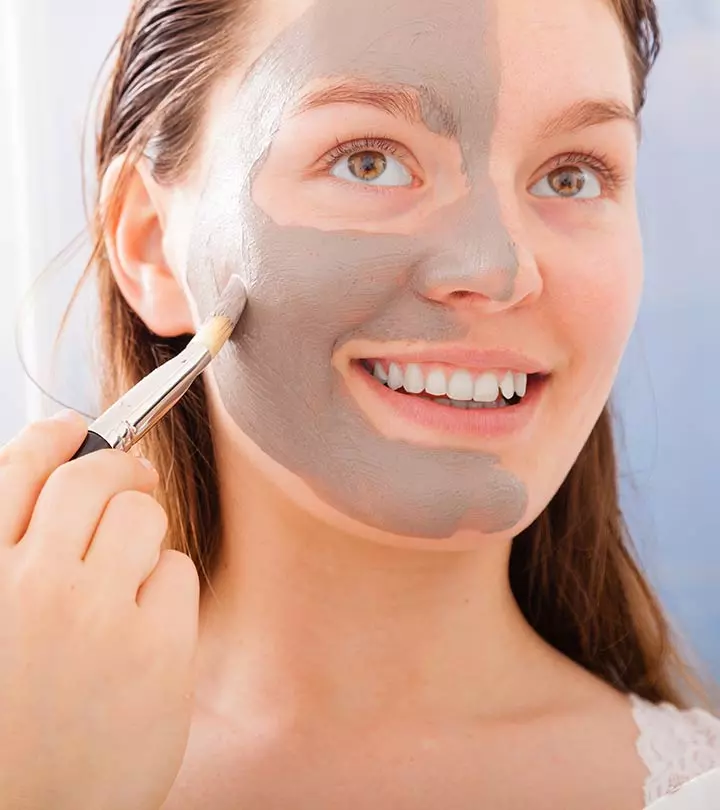
Image: ShutterStock
As we age, our skin begins to dry out and sag. Dryness, wrinkles, fine lines, and sagging skin appear, often accompanied by a dull appearance. Skin tightening face masks can be an excellent way to deal with facial rejuvenation.
Sun exposure, age, pollutants in the environment, chemicals in skincare products, and an unhealthy diet are all external and internal variables that can directly impact your skin’s health. Given these factors, it’s natural for us to have skin problems as we get older and require more tender loving care to keep our skin healthy and supple. However, you can avoid or minimize these issues by taking safeguards from a young age.
In this article, we will go through a few tips and tactics for preparing skin-tightening masks with natural ingredients.
Discover two amazing home remedies for skin tightening and face lifting. Watch the video below to uncover natural techniques that can help you achieve a youthful and rejuvenated appearance.
In This Article
What Causes Loose Skin?
The skin, like every other part of your body, ages as you age. One of the major factors that affect the elasticity of your skin is aging. Other factors that can affect the firmness of your skin are as follows:
- The loss of collagen from your skin directly affects its firmness. Apart from this, loss of facial fat can cause the skin to sag (1), (2).
- Alcohol and smoking can have a detrimental effect on your skin and its elasticity (3), (4).
A 2019 subanalysis of a global, internet survey with 3,267 female participants aged 18-75 years old, showed that alcohol consumption and smoking significantly contribute to the skin’s aging process. 35.7% of the participants had a history of smoking, of which 26.5% were current smokers. 52.9% were alcohol consumers, of which 86.8% consumed alcohol in moderation and 13.1% were heavy drinkers. The study shows that participants with a smoking history and heavy drinkers had severe age lines, puffy under eyes, and reduced lip fullness compared to non-smokers and non-drinkers. Aging signs in light drinkers were less significant than heavy drinkers, but more than non-drinkers.
- Sleep deprivation is another factor that affects the firmness of your skin as it does not allow your skin to carry out its natural process of replenishment, thereby imparting an aged look to it (5).
- Exposure to the harmful UV rays of the sun can cause photodamage and photoaging, which can reduce the firmness of skin (6).
 Did You Know?
Did You Know?We will now explore some natural ways that can help tighten your skin and prevent sagging.
Key Takeaways
- Loss of collagen, smoking, and lack of sleep result in loose skin.
- The antioxidants in bananas, olive oil, and honey reduce skin damage and the appearance of fine lines.
- A clay mask is ideal for people with oily skin as it helps reduce the sebum and increases skin firmness over time.
- Doing facial exercises for 10 minutes regularly may help prevent sagging skin.
Top 7 Natural Skin Tightening Face Masks For Youthful Skin
Some people visit a spa to get youthful skin, which can become costly over time. But did you know you can change the look and feel of your skin and reap the same results with a homemade face mask, too? Check out the few natural homemade face masks that also work as anti-aging face masks at home. They can easily be made with simple ingredients to give you younger-looking skin.
1. Banana Face Pack
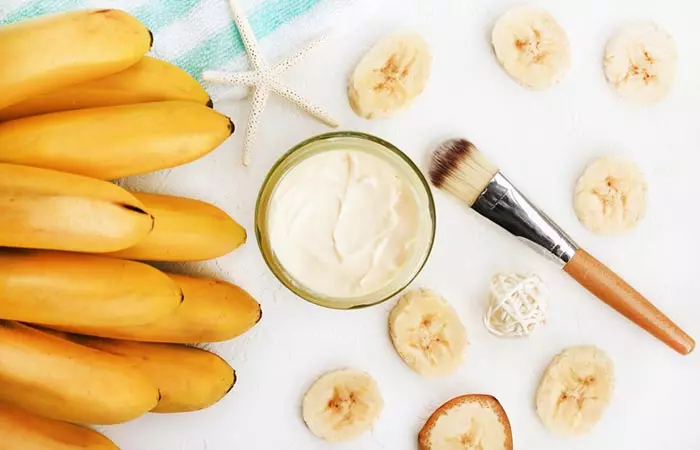
Banana not only moisturizes your skin but can also protect it from free radicali An unstable molecule, formed as a by-product of energy production in the cells, which leads to skin damage. damage with its antioxidant properties (7), (8). This can help reduce the signs of aging. Honey and olive oil are humectants and contain antioxidants that can repair damaged skin cells (9), (10).
You Will Need
- 1/2 ripe banana
- 1 teaspoon of olive oil
- 1 teaspoon honey
What You Have To Do
- Peel and mash the banana so that no lumps remain. Add honey and olive oil and mix well.
- Apply the paste all over your face and neck.
- Leave it on for 15 minutes and then rinse with lukewarm water.
- Rinse with cool water to close your pores.
How Often You Should Do This
Use this mask once or twice a week.
2. Egg Face Pack
The complex peptides present in eggs tone the skin and make it firm (11). Yogurt can help to get rid of blemishes and cleanse the skin (12). The abrasive nature of sugar can help in sloughing off dead skin cells, making your skin look brighter.
You Will Need
- 1 egg white
- 1 tablespoon yogurt
- 1/8 teaspoon sugar
What You Have To Do
- Separate the egg white from the yolk and mix yogurt and sugar with it.
- Apply the mixture on your face and let it dry.
- Rinse well with lukewarm water.
How Often You Should Do This
Apply this mask once every week for a skin firming effect.
A blogger reflected on her experience with an egg face mask. She wrote, “Anyway I was impressed with how small my pores appeared after the mask. My skin was also very shiny afterward. Overall I would rather use this simple, cheap recipe than use the tightening masks I have bought from the store (i).”
3. Multani Mitti Face Pack
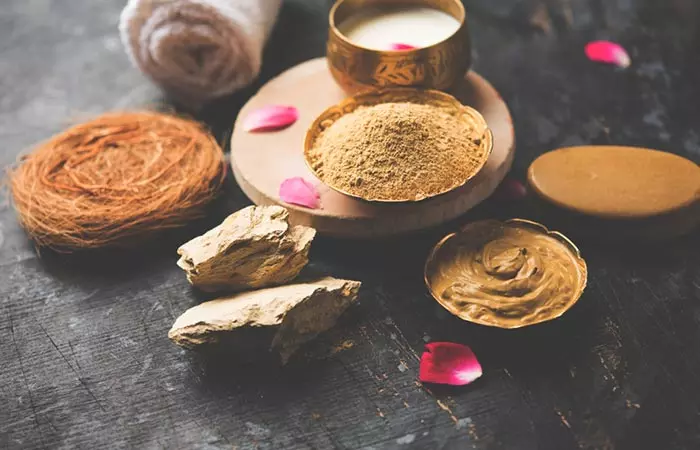
Fuller’s earth or Multani mitti has complexion enhancing properties as it improves the skin tone and lightens blemishes, pimples, tanning, etc. It draws excess oil from the skin and stimulates blood circulation in your face (13). Raw milk contains lactic acid that increases the thickness and firmness of the skin (14).
You Will Need
- 2-3 tablespoons Multani mitti (Fuller’s Earth)
- Raw milk
What You Have To Do
- Add enough raw milk to Multani mitti powder to get a smooth paste.
- Apply this paste evenly on your face and neck.
- Let it dry naturally for 10-12 minutes.
- Rinse with water.
How Often You Should Do This
Repeat this once every week.
Note: This face pack is not recommended for people allergic to dairy products. Substitute milk with rose water if you wish to try this remedy.
4. Oatmeal Face Mask
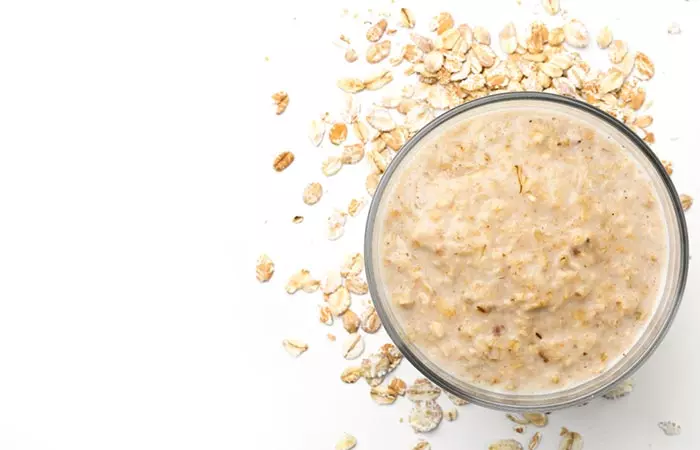
Oatmeal is a good absorbent and has pore minimizing properties. It absorbs all the impurities and dirt lodged in your skin pores. It also soothes the skin and protects it from free radical damage with its antioxidants (15). Research suggests that herbal face packs prepared using gram flour, green tea, and other easily available ingredients can keep the skin nourished (16). You don’t really need much to make a nourishing face pack that imparts radiance to your skin.
You Will Need
- 1 tablespoon oats
- 1 tablespoon besan (gram flour)
- 1 teaspoon honey
- Rosewater
What You Have To Do
- Grind the oats to get a grainy powder.
- Add gram flour, honey, and enough rose water to make a paste.
- Apply this pack on your face and neck and leave it on for 10 minutes.
- Rinse with water.
How Often You Should Do This
Use this pack once a week.
5. Clay Mask
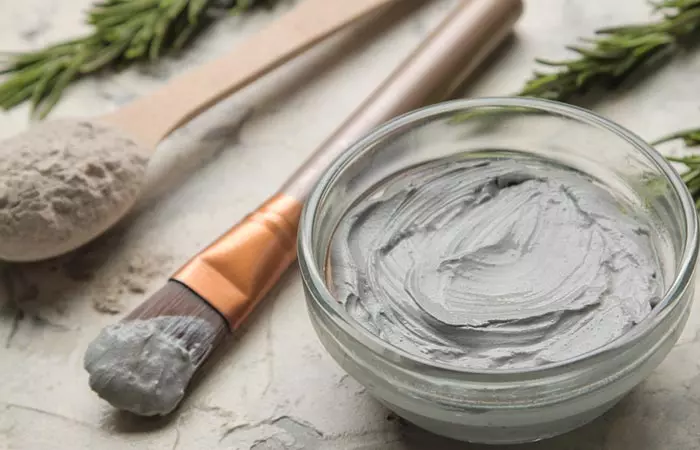
Clay masks can help cleanse the skin and remove oil and impurities (17). A study conducted in 2012 showed that clay masks could increase the number of collagen fibers in the skin, thus tightening the skin (18).
You Will Need
- 2 tablespoons bentonite or Kaolin clay
- 1 teaspoon powdered milk
- Water or rose water
What You Have To Do
- Mix all the ingredients to get a thick paste.
- Apply it evenly with your fingers or a face mask brush all over the face and neck.
- Let the mask dry for 10-15 minutes. Rinse your face.
How Often You Should Do This
Repeat this once every week.
6. Castor Oil Face Pack
Studies suggest that castor oil is a good skin conditioning agent (19). It enhances collagen and elastin production and has hydrating properties, making the skin more firm, taut, soft, and smooth. Ricinoleic acid, the main component of castor oil, has anti-inflammatory properties (20). These properties can ease inflammation and provide skin smoothing benefits.
You Will Need
- 1-2 tablespoons castor oil
- 1 teaspoon lemon juice OR a few drops of lavender oil
What You Have To Do
- Add either lemon juice or lavender oil to castor oil and mix well.
- Massage this mixture in upward circular motions on the face and neck. Keep massaging for a few minutes.
- Leave it on overnight.
- Rinse with lukewarm water first, followed by cool water.
How Often You Should Do This
Do this once or twice a week.
7. Papaya Face Pack
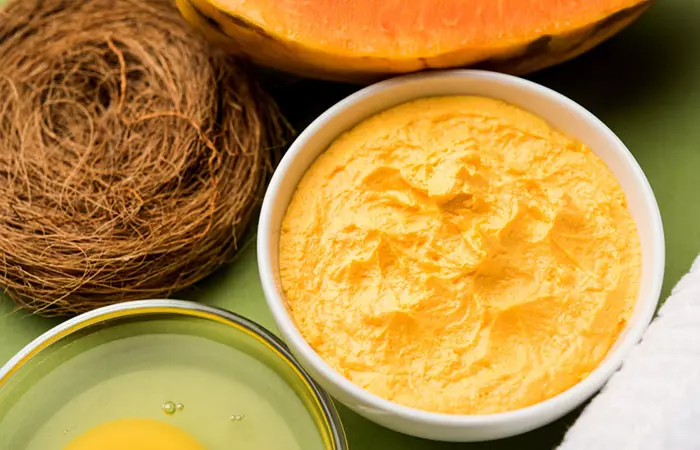
Papaya may help exfoliate and moisturize the skin. It also has anti-inflammatory and antioxidant properties that may combat oxidative stress and improve skin elasticity. This may delay skin aging and make your face look more youthful (21).
You Will Need
- 1/2 ripe papaya, mashed
- 1 teaspoon honey
What You Have To Do
- Mash the papaya and mix it with honey to form a smooth paste.
- Apply the paste evenly to your face and neck.
- Allow it to sit for 20-30 minutes.
- Rinse off with lukewarm water, followed by a splash of cool water.
How Often You Should Do This
Repeat this once a week
Note: This remedy is not recommended for oily and sensitive skin types.
The above-listed home remedies for skin tightening can help smooth out the skin, reduce sagging, and improve the skin’s overall condition.
Here are a few ways to prevent loose skin.
Prevention Tips
- You could do simple facial exercises that can help prevent sagging skin. This can be done easily for 10 minutes daily.
- Massage the area where you observe skin sagging. Regular massage enhances blood flow to your skin, thereby tightening it over time.
- Follow a diet that includes antioxidant-rich foods like tomatoes, carrots, broccoli, apricots, walnuts, almonds, peanuts, etc. They can potentially boost collagen, thereby increasing the elasticity of your skin, and reducing wrinkles.
- Stay hydrated to maintain your skin’s elasticity.
- Wear sunscreen daily to protect your skin from harmful UV rays that may damage the skin. You may also consider wearing protective clothing like hats.
- Avoid stress and have at least 7-9 hours of quality sleep to support healthy skin.
Infographic: Easy-To-Make Skin Tightening Face Masks
The above article has provided you with an array of methods that can help you deal with dull skin that is losing its vitality. Let us help you narrow down some of the best DIY mask options for you if you aren’t sure which one to choose. The best part is that you can find these ingredients in your kitchen.
Check out the infographic below to learn more about the best skin-tightening face masks.
Some thing wrong with infographic shortcode. please verify shortcode syntax
 Quick Tip
Quick TipAging, loss of collagen, photodamage from UV rays of the sun, sleep deprivation, and lifestyle choices like smoking and drinking can cause the skin to sag and lose its elasticity. Skin tightening masks made at home using safe and effective ingredients can help to repair the damage, promote collagen production and offer protective benefits for the skin. Bananas, eggs, fuller’s earth, clay, and castor oil are primary ingredients in various DIY masks used for skin tightening. In addition, facial exercises, massage, and an antioxidant-rich diet can help slow down the aging process and prevent or repair loose skin.
Frequently Asked Questions
Is aloe vera good for tightening skin?
Yes, aloe vera can help boost collagen production and, in turn, improve the skin’s elasticity and make it firm (22).
How can I tighten the skin on my face without surgery?
You can use radio frequency treatments, ultrasound therapy, a combination of intense pulsed light and radio frequency therapy (IPL/RF), or home remedies to tighten facial skin without surgery.
Does lemon tighten skin?
Yes, lemon contains vitamin C, which is known to boost collagen production. Collagen is responsible for the skin’s elasticity and can help tighten it (23).
Illustration: Homemade Skin Tightening Face Packs
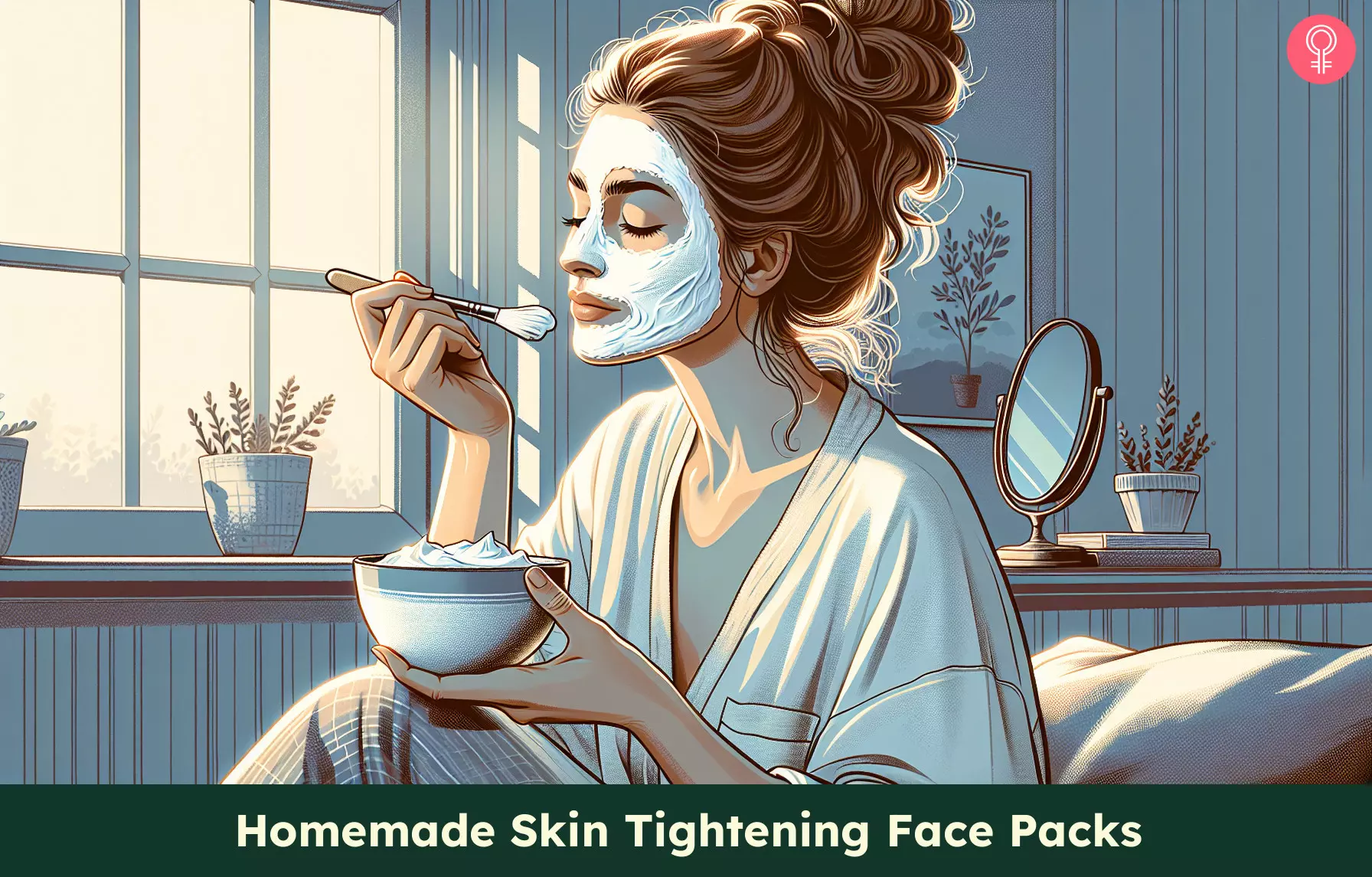
Image: Dall·E/StyleCraze Design Team
Personal Experience: Source
StyleCraze's articles are interwoven with authentic personal narratives that provide depth and resonance to our content. Below are the sources of the personal accounts referenced in this article.
i. Egg White Face Maskhttps://zoundsdesign.wordpress.com/2012/01/28/egg-white-face-mask/
References
Articles on StyleCraze are backed by verified information from peer-reviewed and academic research papers, reputed organizations, research institutions, and medical associations to ensure accuracy and relevance. Read our editorial policy to learn more.
- Fighting against Skin Aging, Cell Transplantation, US National Library of Medicine, National Institutes of Health.
https://www.ncbi.nlm.nih.gov/pmc/articles/PMC6047276/ - Characteristics of the Aging Skin, Advances In Wound Care, US National Library of Medicine, National Institutes of Health.
https://www.ncbi.nlm.nih.gov/pmc/articles/PMC3840548/ - Impact of Smoking and Alcohol Use on Facial Aging in Women: Results of a Large Multinational, Multiracial, Cross-sectional Survey, The Journal of Clinical and Aesthetic Dermatology, US National Library of Medicine, National Institutes of Health.
https://www.ncbi.nlm.nih.gov/pmc/articles/PMC6715121/ - Smoking affects collagen synthesis and extracellular matrix turnover in human skin. The British Journal of Dermatology, US National Library of Medicine, National Institutes of Health.
https://pubmed.ncbi.nlm.nih.gov/11966688/ - Does poor sleep quality affect skin ageing? Clinical and Experimental Dermatology, US National Library of Medicine, National Institutes of Health.
https://pubmed.ncbi.nlm.nih.gov/25266053/ - Skin anti-aging strategies, DermatoEndocrinology, US National Library of Medicine, National Institutes of Health.
https://www.ncbi.nlm.nih.gov/pmc/articles/PMC3583892/ - Traditional and Medicinal Uses of Banana, Journal of Pharmacognosy and Phytochemistry.
https://www.phytojournal.com/vol1Issue3/Issue_sept_2012/9.1.pdf - Anti-inflammatory and antioxidant activities of extracts from Musa sapientum peel, Journal of the Medical Association of Thailand, US National Library of Medicine, National Institutes of Health.
https://www.ncbi.nlm.nih.gov/pubmed/2396445 - Medicinal and cosmetic uses of Bee’s Honey – A review, AYU, US National Library of Medicine, National Institutes of Health.
https://www.ncbi.nlm.nih.gov/pmc/articles/PMC3611628/ - Oleuropein in Olive and its Pharmacological Effects, Scientia Pharmaceutica, US National Library of Medicine
https://www.ncbi.nlm.nih.gov/pmc/articles/PMC3002804/ - Reduction of facial wrinkles by hydrolyzed water-soluble egg membrane associated with reduction of free radical stress and support of matrix production by dermal fibroblasts, Clinical, Cosmetic and Investigational Dermatology, US National Library of Medicine, National Institutes of Health.
https://www.ncbi.nlm.nih.gov/pmc/articles/PMC5072512/ - Clinical efficacy of facial masks containing yoghurt and Opuntia humifusa Raf. (F-YOP), Journal of Cosmetic Science, US National Library of Medicine, National Institutes of Health.
https://pubmed.ncbi.nlm.nih.gov/22152494/ - Fuller’s Earth- Medical Countermeasures Database, Chemical Hazards Emergency Medical Management, National Institutes of Health.
https://chemm.nlm.nih.gov/countermeasure_fullersearth.htm - Epidermal and dermal effects of topical lactic acid. Journal of the American Academy of Dermatology, US National Library of Medicine, National Institutes of Health.
https://pubmed.ncbi.nlm.nih.gov/8784274/ - Colloidal oatmeal: history, chemistry and clinical properties, Journal of Drugs in Dermatology, US National Library of Medicine, National Institutes of Health.
https://pubmed.ncbi.nlm.nih.gov/17373175/ - In-House Preparation and Standardization of Herbal Face Pack, The Open Dermatology Journal, ResearchGate.
https://www.researchgate.net/publication/320900643_In-House_Preparation_and_Standardization_of_Herbal_Face_Pack - Clay minerals and their beneficial effects upon human health. A review, Applied Clay Science, ScienceDirect.
https://www.sciencedirect.com/science/article/pii/S0169131701000850?via%3Dihub - Effect of topical clay application on the synthesis of collagen in skin: an experimental study, Clinical and Experiential Dermatology, US National Library of Medicine, National Institutes of Health.
https://pubmed.ncbi.nlm.nih.gov/22340693/ - Final report on the safety assessment of Ricinus Communis (Castor) Seed Oil, Hydrogenated Castor Oil, Glyceryl Ricinoleate, Glyceryl Ricinoleate SE, Ricinoleic Acid, Potassium Ricinoleate, Sodium Ricinoleate, Zinc Ricinoleate, Cetyl Ricinoleate, Ethyl Ricinoleate, Glycol Ricinoleate, Isopropyl Ricinoleate, Methyl Ricinoleate, and Octyldodecyl Ricinoleate. US National Library of Medicine, National Institutes of Health.
https://pubmed.ncbi.nlm.nih.gov/18080873/ - Effect of ricinoleic acid in acute and subchronic experimental models of inflammation, Mediators of Inflammation, US National Library of Medicine, National Institutes of Health.
https://www.ncbi.nlm.nih.gov/pmc/articles/PMC1781768/ - Beneficial Role of Carica papaya Extracts and Phytochemicals on Oxidative Stress and Related Diseases: A Mini Review. US National Library of Medicine National Institutes of Health.
https://www.ncbi.nlm.nih.gov/pmc/articles/PMC8066973/ - Effects of plant sterols derived from Aloe vera gel on human dermal fibroblasts in vitro and on skin condition in Japanese women, Clinical, Cosmetic and Investigational Dermatology, US National Library of Medicine, National Institutes of Health..
https://www.ncbi.nlm.nih.gov/pmc/articles/PMC4345938/ - Vitamin C in dermatology, Indian Dermatology Online Journal, US National Library of Medicine, National Institutes of Health.
https://www.ncbi.nlm.nih.gov/pmc/articles/PMC3673383/
Read full bio of Dr. Vindhya L Veerula
Read full bio of Shaheen Naser
Read full bio of Anjali Sayee
Read full bio of Monomita Chakraborty







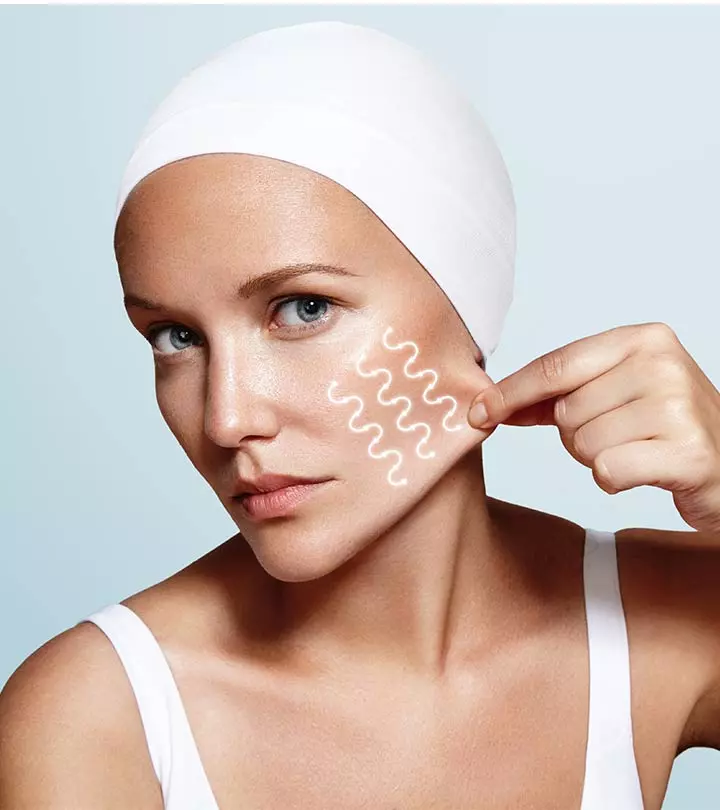
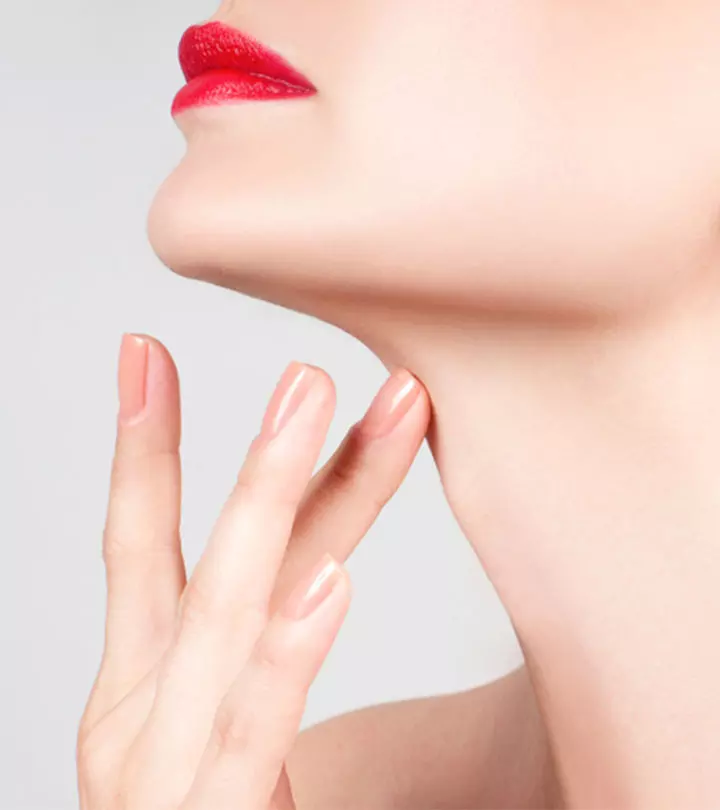
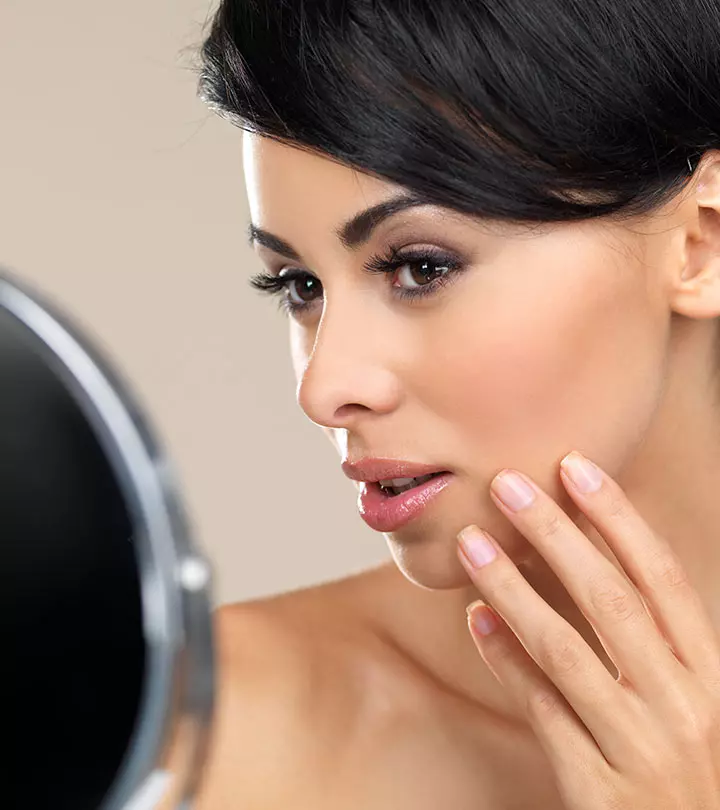


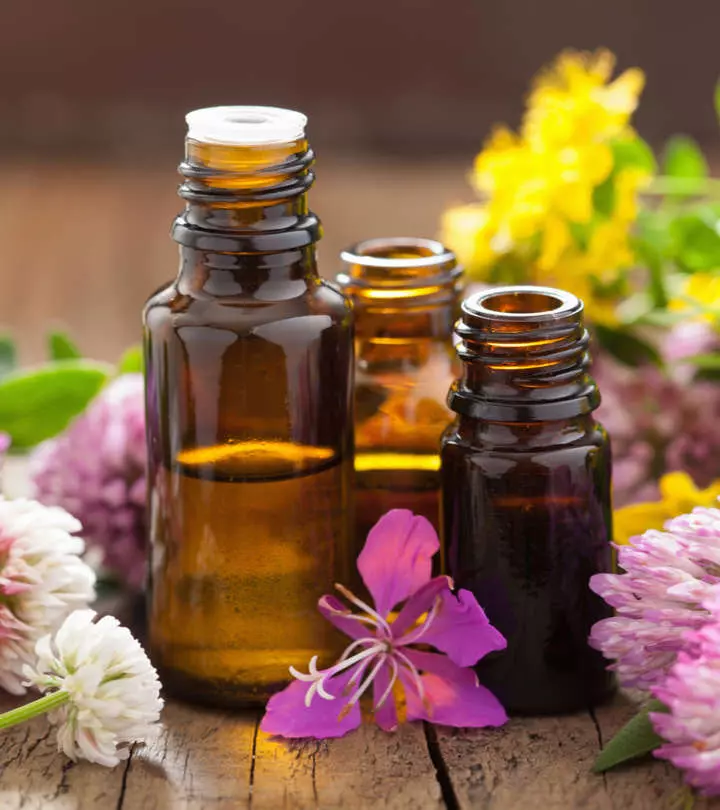

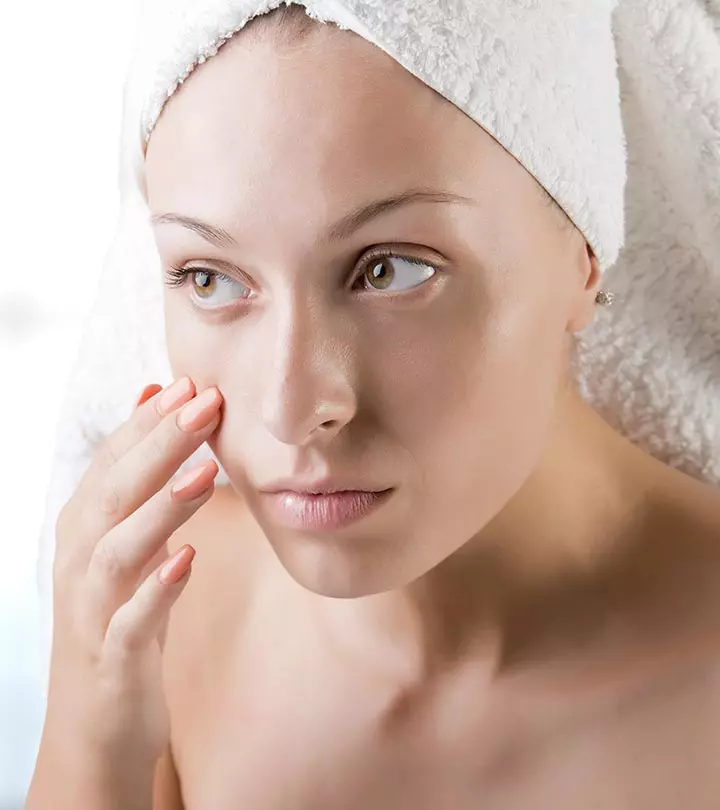
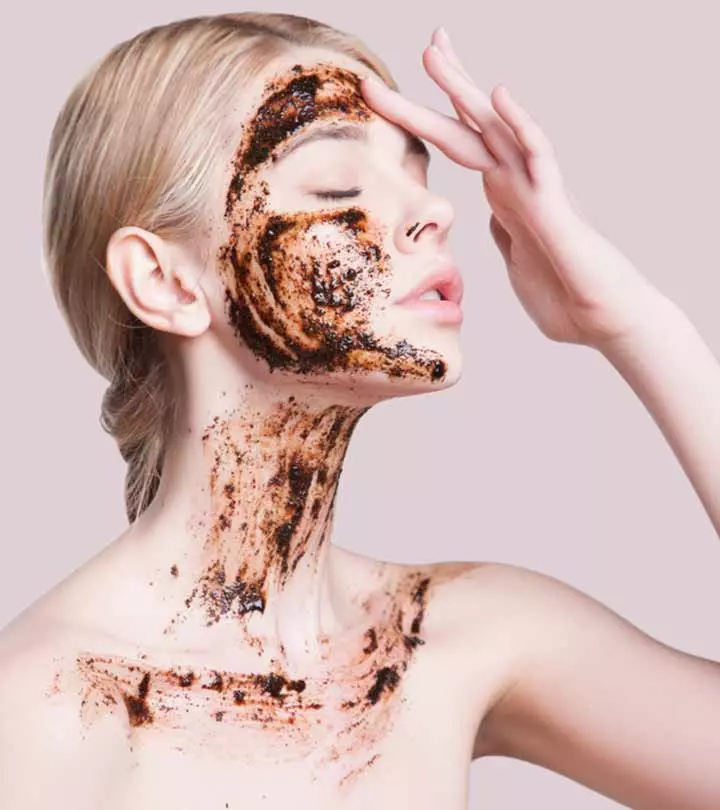
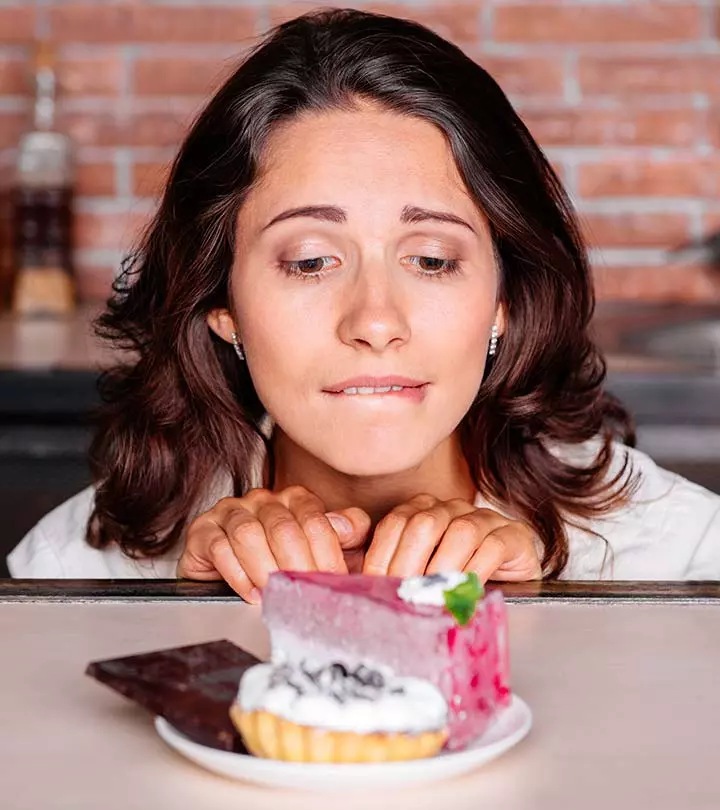
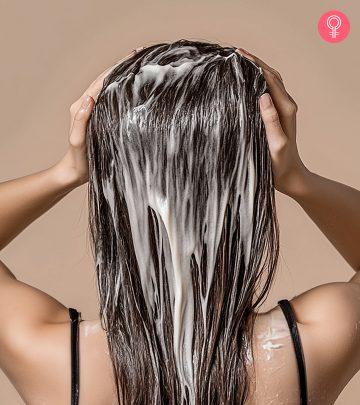
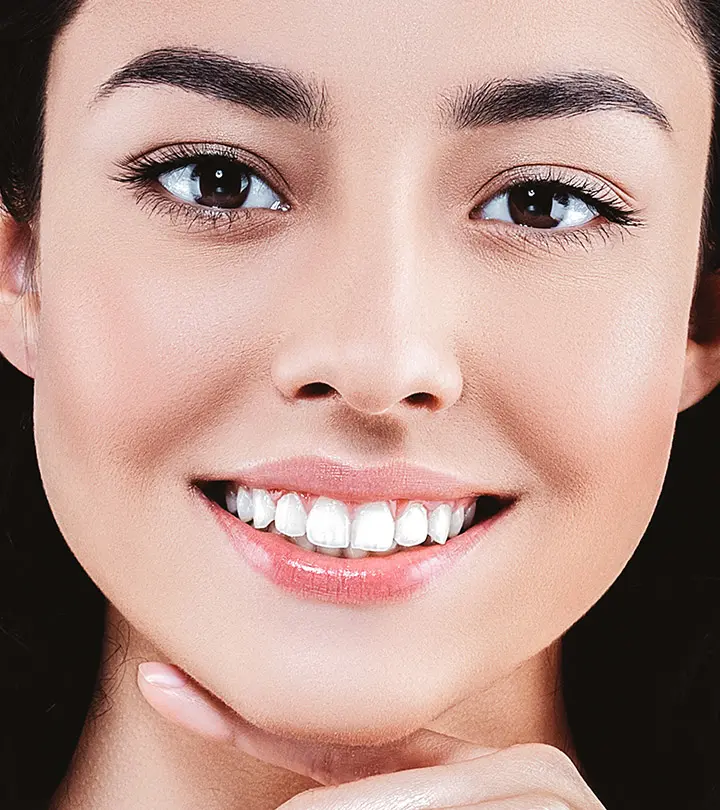

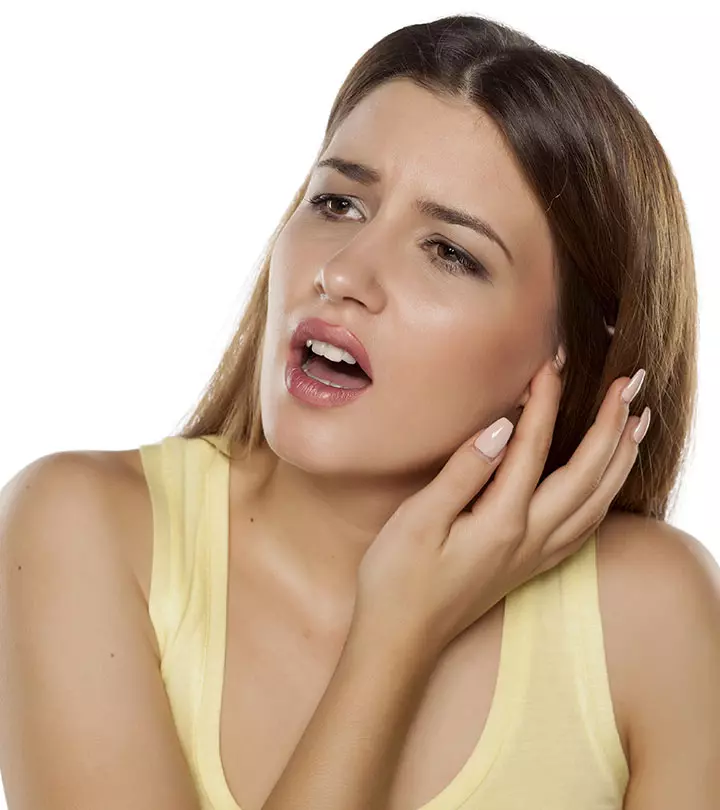
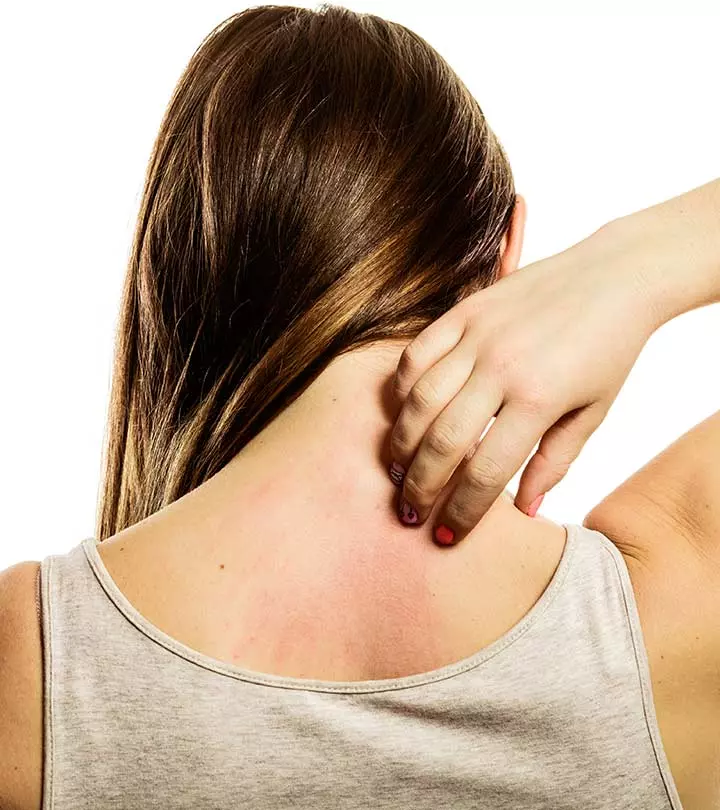
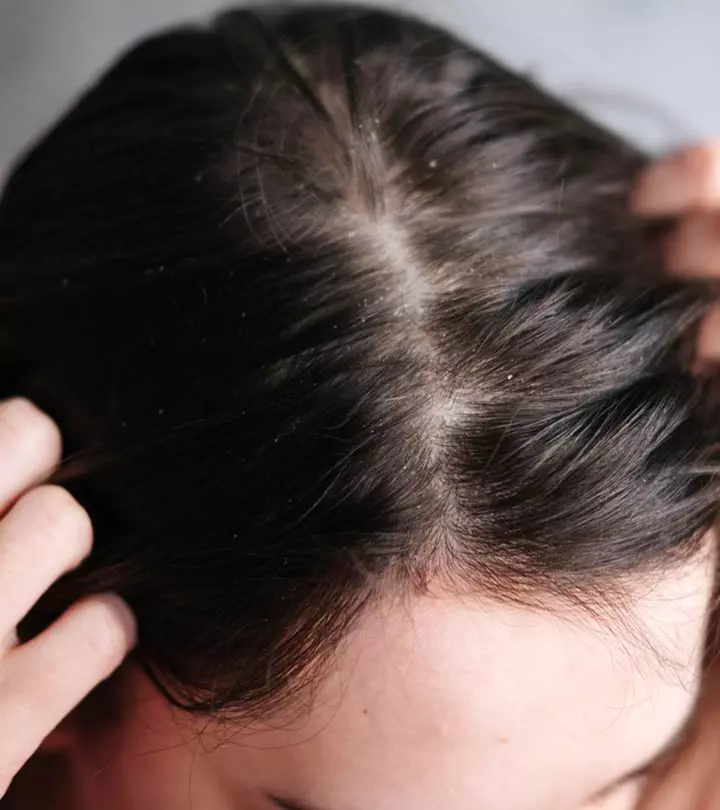
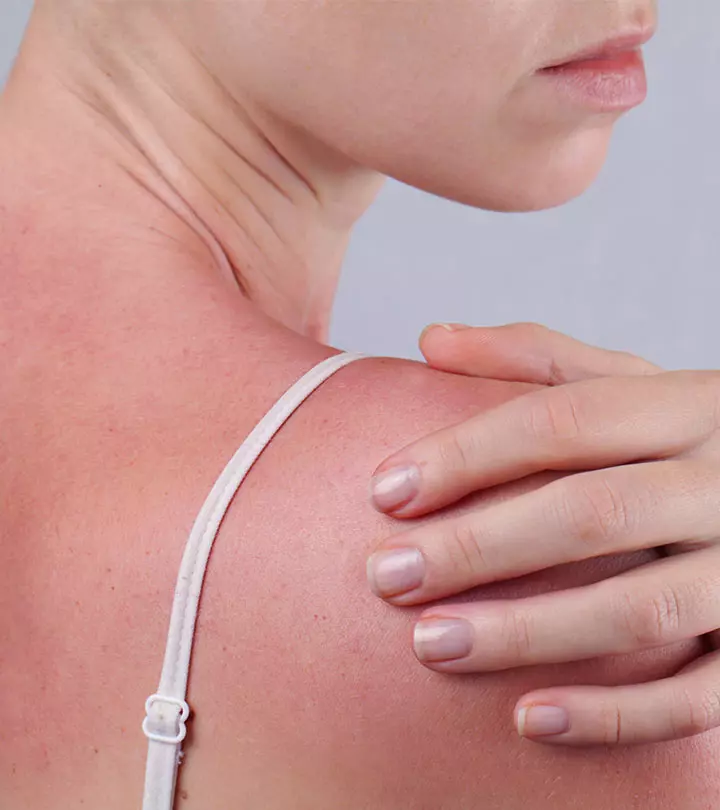
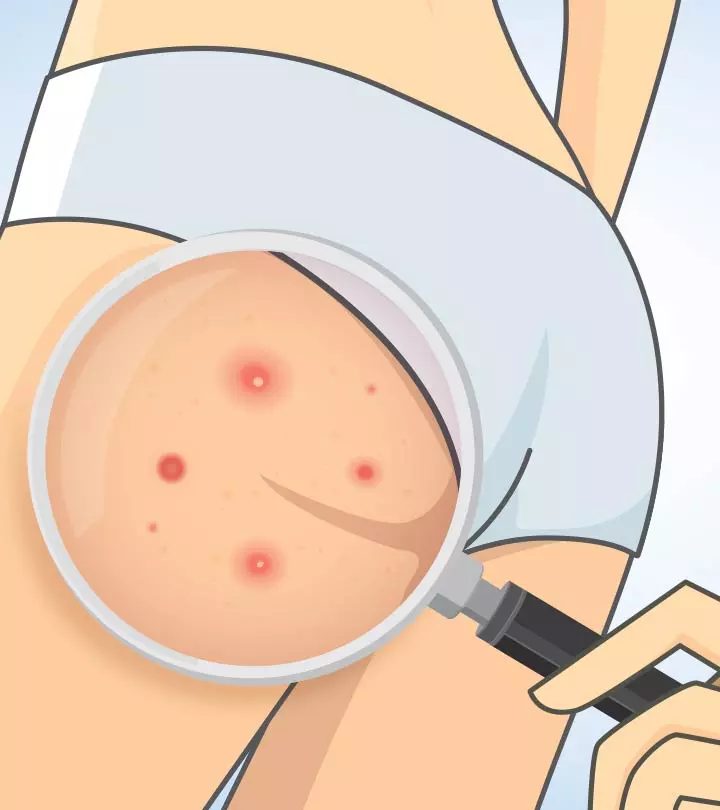
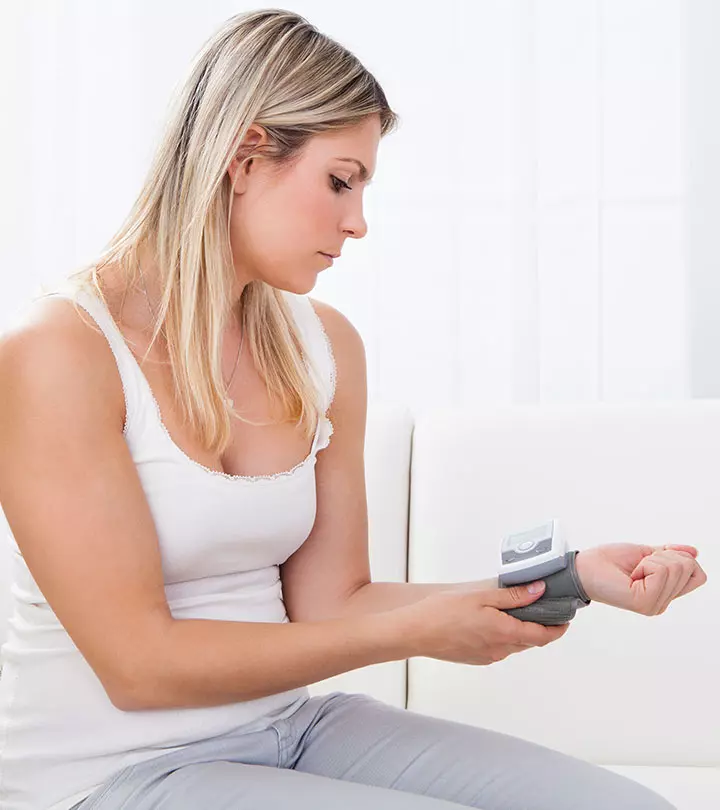
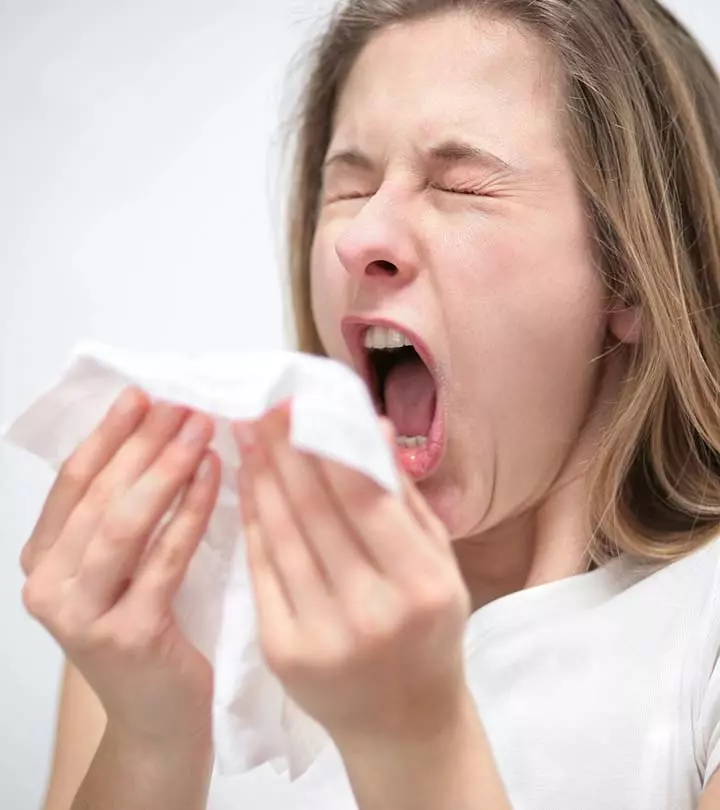
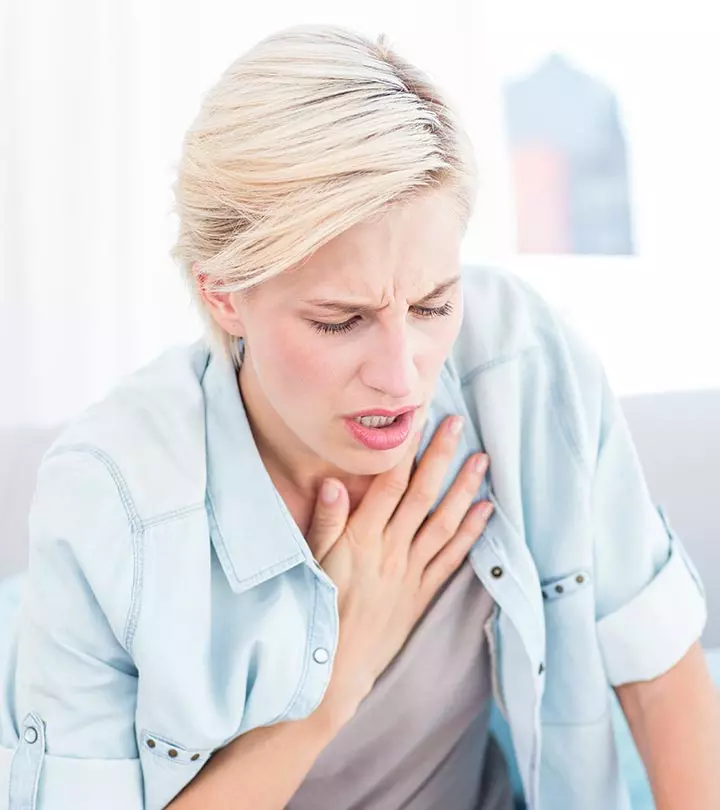
Community Experiences
Join the conversation and become a part of our empowering community! Share your stories, experiences, and insights to connect with other beauty, lifestyle, and health enthusiasts.